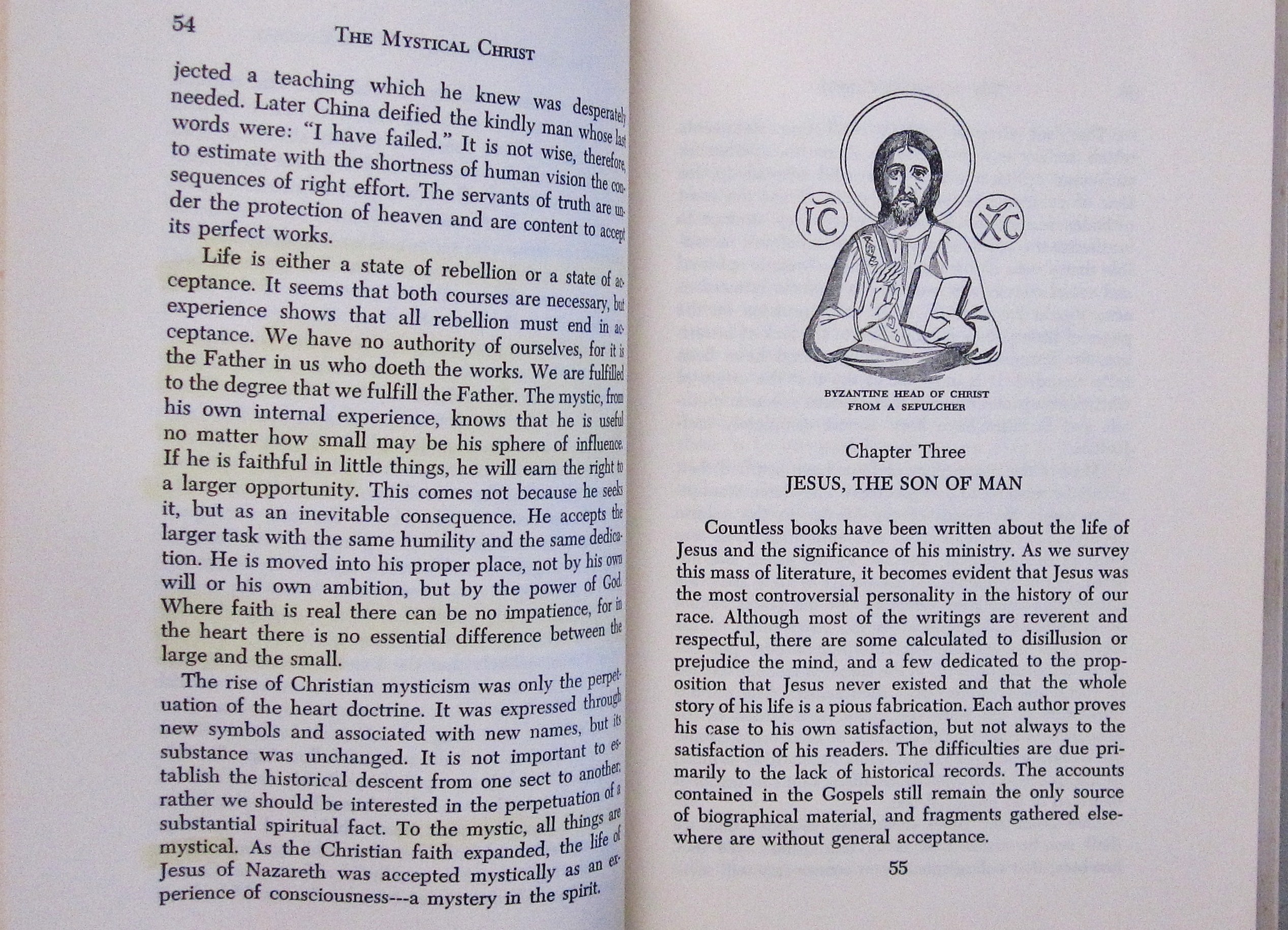We generally safeguard beliefs we consider to be of high value from influences that might distort or undermine their purity and authority. A prime example today is how the gospel of the mystical christ, as epitomised in historic biblical Christianity, has been made the subject of a whole welter of relativizing updates, and cultural and contextual reinterpretations. Many might say ‘Surely the message of God’s love ought to be able to accommodate cultural and contextual diversity without losing its essential core.’ I need to respond to this, especially as it relates to Conditional Immortality, which is gaining popularity as the new evangelical orthodoxy
Conditional Immortality (‘CI’ from now on) sets out to soften what is seen as the traditionally harsh doctrine of eternal punishment by offering a mid-way position between universalism and eternal conscious punishment of the finally impenitent. Broadly speaking, CI (and there are varieties of it) sets out to offer Christians, and maybe unbelievers, the consoling thought that any people who are finally outside of Christ’s great salvation do not suffer an eternally conscious judgement in hell, because their period of suffering is temporary and terminated by their personal annihilation. Thus, the teaching is advanced as urbane, compassionate, and worthy of God, who grants immortality in never-ending conscious bliss in his presence only on condition of a person’s accepting Christ as Saviour.
Those who favour this teaching also do so because they consider the natural immortality of the soul to be rooted in the ancient Greek thought of Plato rather than in biblical revelation. Hence, the relative ease with which they see the two destinies – immortality; a special gift reserved for the genuine Christian, or annihilation, either abruptly or after an appropriate period of judgement, for any who finally remain Christ rejecters.
Much of the pressure behind CI is the prevailing secular ethos that has caused new evangelicals to go soft on the biblical teaching of the holy majesty and the terrible wrath of God. Now, in its place we hear, ‘Look, when we share Jesus with our friends, we must share God’s love and grace and his Fatherly compassion. If we talk about God’s wrath we will only cause needless offence.’
Alas, this is the deformed gospel, which is not a gospel at all, where ‘Jesus’ is merely offered as the ‘Friend’ and ‘Helper’ of those who are struggling with their weaknesses. This also fits well into evangelical Catholicism, which in its ecumenical endeavours aims to appear faithful to Christ; all the while it remains trenchantly opposed to the righteousness of Christ being imputed to the person who has faith. It thus continues to deny the central glory of biblical Christianity – justification by faith alone in Christ alone, as it clings to its centuries-old errors of a celibate, sacrificing priesthood and the necessity of the faithful’s participation in its sacramental institutions.
